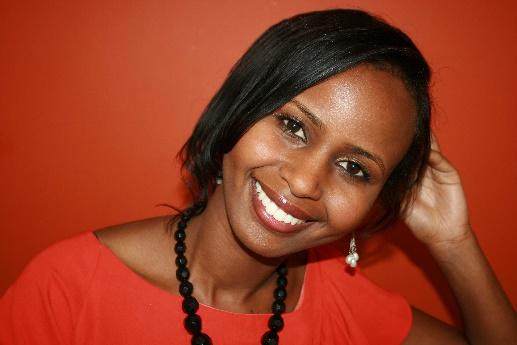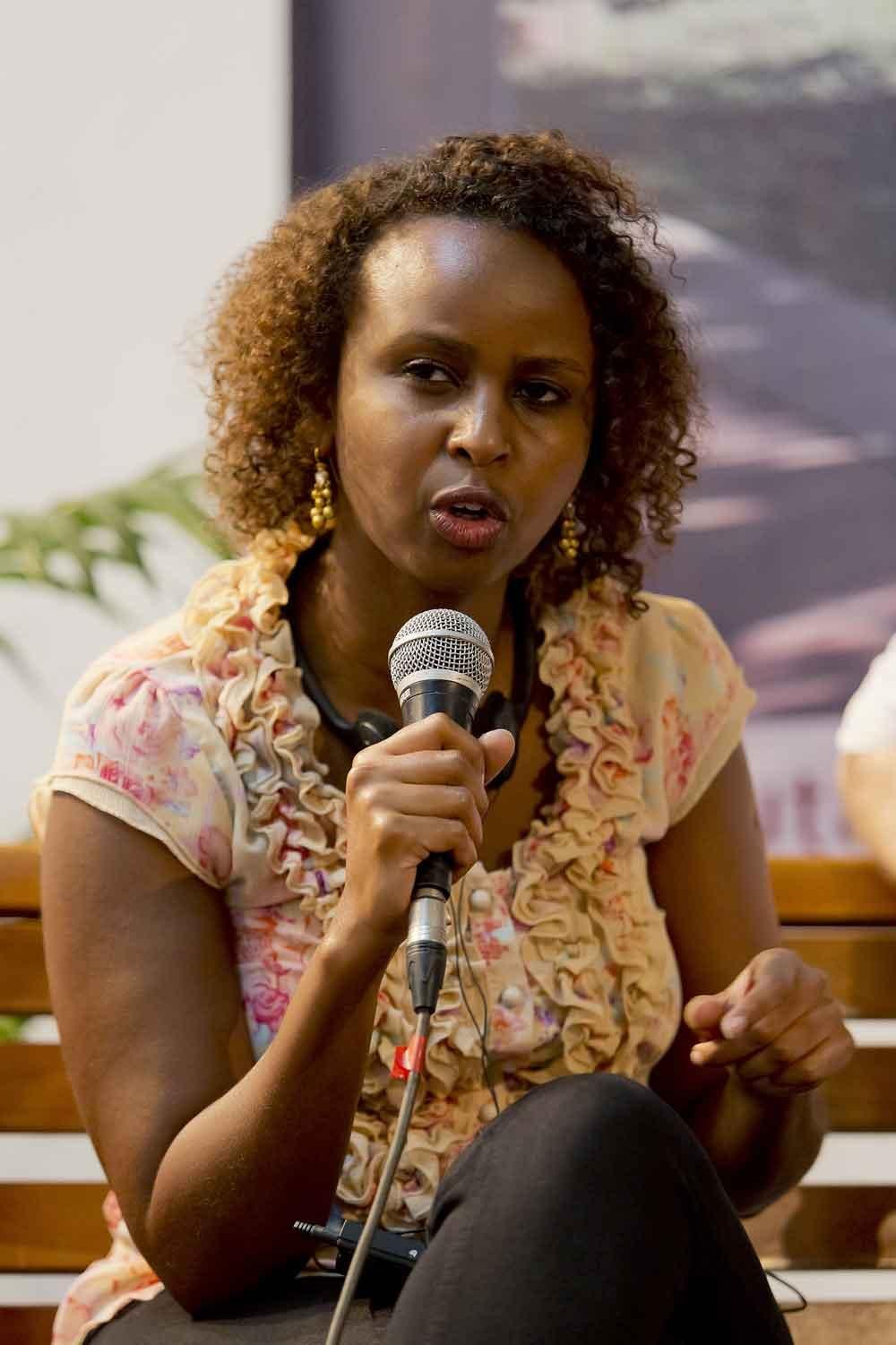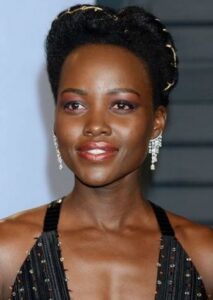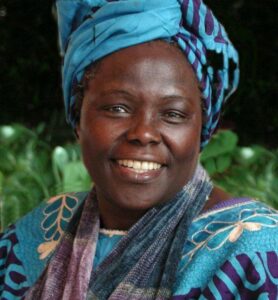She is a SomaliBritish novelist. She featured on Granta magazine’s list Best of Young British Novelists in 2013, and in 2014 on the Africa39 list of writers aged under 40 with potential and talent to define future trends in African literature.
1981
Hargeisa, Somalia
Somali – British
2010: Betty Trask Prize for Black Mamba Boy
2013: Granta Best of Young British Novelists
2014: Africa39 list of the most promising writers under the age of 40 from Sub-Saharan Africa
2014: Somerset Maugham Award for The Orchard of Lost Souls
In 1986 she moved with her family to London for what was intended to be a temporary stay. Shortly afterwards the civil war broke out in Somalia, so they remained in the UK.
Mohamed later attended the University of Oxford, where she studied history and politics. In 2008, she visited Hargeisa for the first time in more than a decade.
Mohamed resides in London.
Mohamed’s first novel, Black Mamba Boy (2010), described in The Guardian as “a significant, affecting book of the dispossessed”, is a semi-biographical account of her father’s life in Yemen in the 1930s and ’40s, during the colonial period. She has said that “the novel grew out of a desire to learn more about my roots, to elucidate Somali history for a wider audience and to tell a story that I found fascinating.”
A fictionalized biography, it won critical and popular acclaim in countries as far away as Korea. The book won the 2010 Betty Trask Award, and was shortlisted for numerous awards, including the 2010 Guardian First Book Award, the 2010 Dylan Thomas Prize, and the 2010 John Llewellyn Rhys Prize. It was also long listed for the 2010 Orange Prize for Fiction.
In 2013 Mohamed released her second novel, The Orchard of Lost Souls. Set in Somalia on the eve of the civil war, it was published by Simon & Schuster. Reviewing it in The Independent, Arifa Akbar said: “If Mohamed’s first novel was about fathers and sons … this one is essentially about mothers and daughters.” In 2014 The Orchard of Lost Souls won the Somerset Maugham Award and was longlisted for the Dylan Thomas Prize.
In December 2013 Mohamed was one of 36 writer and translator participants at the Doha International Book Fair’s Literary Translation Summit in Qatar.
She was chosen as one of Granta magazine’s Best of Young British Novelists in 2013, and in April 2014 was selected for the Hay Festival’s Africa39 list of 39 Sub-Saharan African writers aged under 40 with potential and talent to define future trends in African literature.
Her writing has also been published in such outlets as The Guardian and Literary Hub, as well as in the anthology New Daughters of Africa (edited by Margaret Busby, 2019), which includes poetry by Mohamed.
In June 2018 Mohamed was elected Fellow of the Royal Society of Literature in its 40 Under 40initiative.
She joined the English Creative Writing faculty of Royal Holloway, University of London, in 2018.
Her 2021 novel, The Fortune Men, is based on the true story of Mahmood Mattan, whom her father knew. The book is about a petty criminal in Cardiff who becomes the last man to be hanged there, wrongfully convicted of murder in 1952. In The Guardian, Ashish Ghadiali wrote of Mohamed that the novel confirms her as a literary star of her generation, while Michael Donkor described the book as a determined, nuanced and compassionate exposure of injustice. The book was shortlisted for the 2021 Booker Prize.
Mohamed has said that her next book will be “a contemporary novel set in the world of Somali women in London”.
https://en.wikipedia.org/wiki/Nadifa_Mohamed accessed 19/04/2022
https://www.theguardian.com/books/2021/nov/26/booker-longlisted-the-fortune-men-by-nadifa-mohamed-audiobook-review-a-miscarriage-of-justice accessed 19/04/2022
https://granta.com/granta-video-nadifa-mohamed/ accessed 19/04/2022
https://rsliterature.org/fellow/nadifa-mohamed/ accessed 19/04/2022





